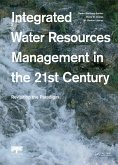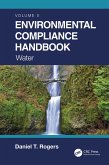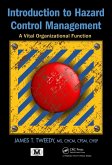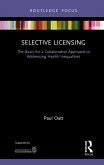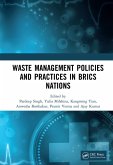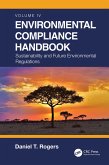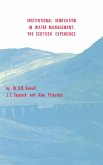This book provides a down-to-earth approach to the elusive concept of integrated water resources management, drawing from conceptual frameworks and real-life practice to identify the key aspects that are yet to be resolved. Integrated water resources management (IWRM) advocates a coordinated approach for managing water resources in a way that balances social and economic needs with care for nature. While attractive, IWRM is both controversial and elusive. Critics argue that IWRM is too vague a concept to be meaningful, and that it lacks a sufficiently coherent series of steps leading to its implementation. Drawing from theoretical frameworks and relevant case studies, this book examines the role of water accounting, food trade, environmental externalities and intangible values as key aspects whose resolution will help the IWRM community move forward.
Dieser Download kann aus rechtlichen Gründen nur mit Rechnungsadresse in A, B, BG, CY, CZ, D, DK, EW, E, FIN, F, GR, HR, H, IRL, I, LT, L, LR, M, NL, PL, P, R, S, SLO, SK ausgeliefert werden.



